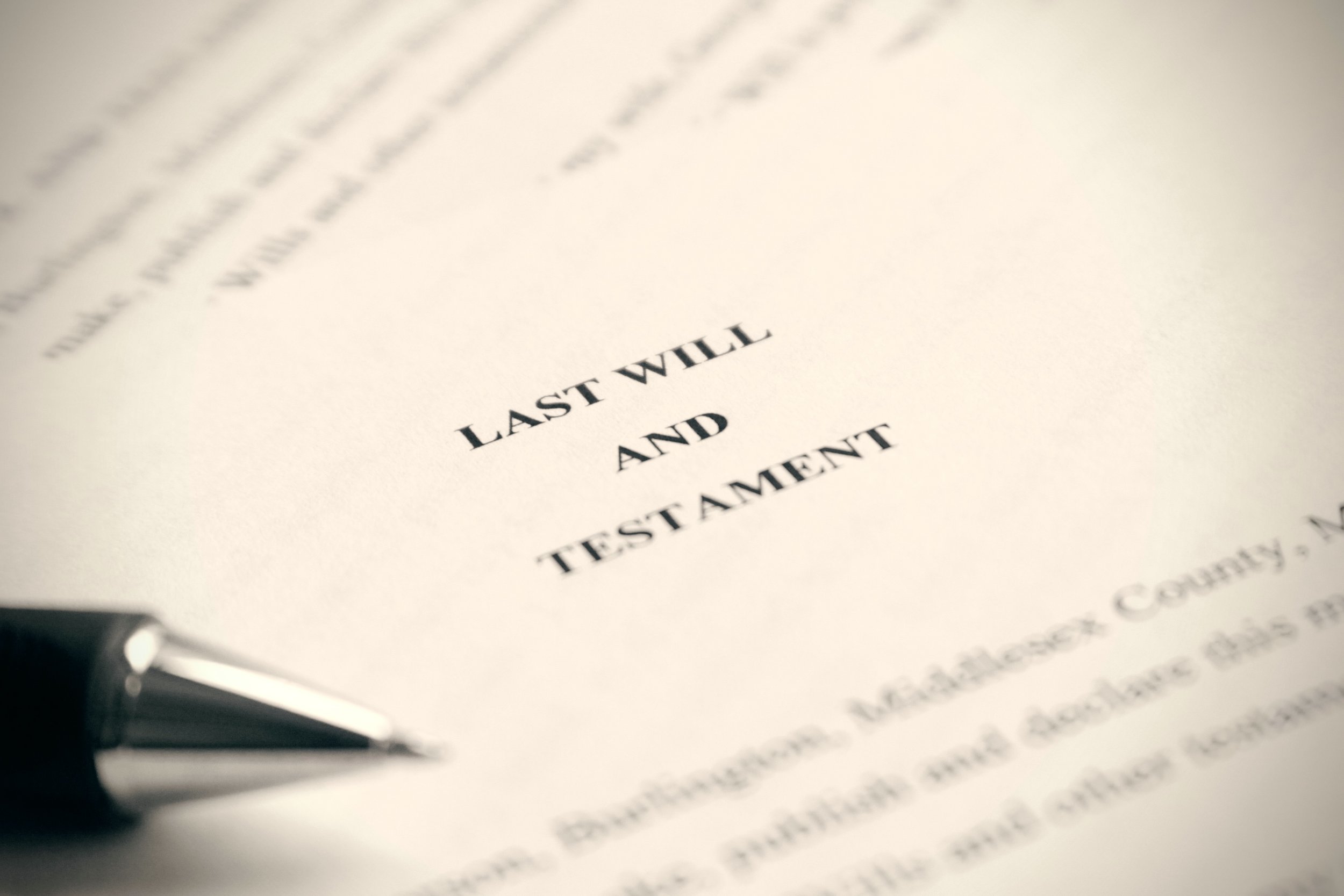A recent Appeals Court case reminds lawyers that even the simplest estate planning techniques require a thorough understanding. In Linda Dell’Olio, et al. v. Assistant Secretary of the Office of Medicaid, et al., the Court explained a feature of life estates – a common planning tool – that may surprise you.
A life estate is a form of ownership measured in duration by the length of a person’s lifetime. A life estate splits ownership in time between the “life tenant,” who owns the property for life, and the “remainderman,” who assumes ownership upon the death of the life tenant. A life estate is commonly created by a deed stating:
“I, L.T., hereby convey this real estate to R.M., reserving to myself a life estate for the duration of my lifetime, during which time I shall have the right to use and occupy the real estate.”
In this example, L.T. owned the property outright prior to the transfer. Following the transfer, L.T., the life tenant, has the right to possess the property for life. Following L.T.’s death, R.M. automatically becomes the sole owner. R.M. has no right to possess the property while L.T. lives.
Life estates are a popular planning tool because they are easy and affordable to create, avoid probate, and confer considerable tax benefits upon the remainderman, among other benefits. Yet it is important to understand exactly how they work to avoid unintended consequences.
The facts of the Dell’Olio case are too complicated to repeat here but can be simplified as follows. Greg created a Will gifting certain real estate “to Lucy for life, then to her daughters Rachel and Rebecca.” Upon Greg’s death in 1956, Lucy became the life tenant with Rachel and Rebecca holding the remainder interest.
During her life, Rachel became indebted to MassHealth for roughly $1.2M. She died in 2008, survived by her mother, Lucy, and her sister, Rebecca. When Lucy died in 2013, Rebecca assumed that, as the surviving remainderman, the property was hers alone, since Rachel had not survived their mother to take her half of the property.
MassHealth, and the Appeals Court, disagreed. Instead, the Appeals Court explained that Rachel’s interest in the property vested upon Greg’s death in 1956, regardless of whether she ever had the right to possess the property during her own life. The Court reasoned that there are two distinct moments that are not to be confused: the moment the property vests “in interest” and the moment it vests “in possession.” Thus, Rachel’s future right to possession was an asset she had owned since 1956. Upon Rachel’s 2008 death, this future right became part of her estate. Upon Lucy’s 2013 death, Rachel’s estate obtained the right to possession, i.e. an outright ownership interest of 50% of property, which MassHealth could use to satisfy its $1.2M claim.
As a result, Rebecca is left with only 50% of the property instead of the 100% that she believed she was entitled to.



